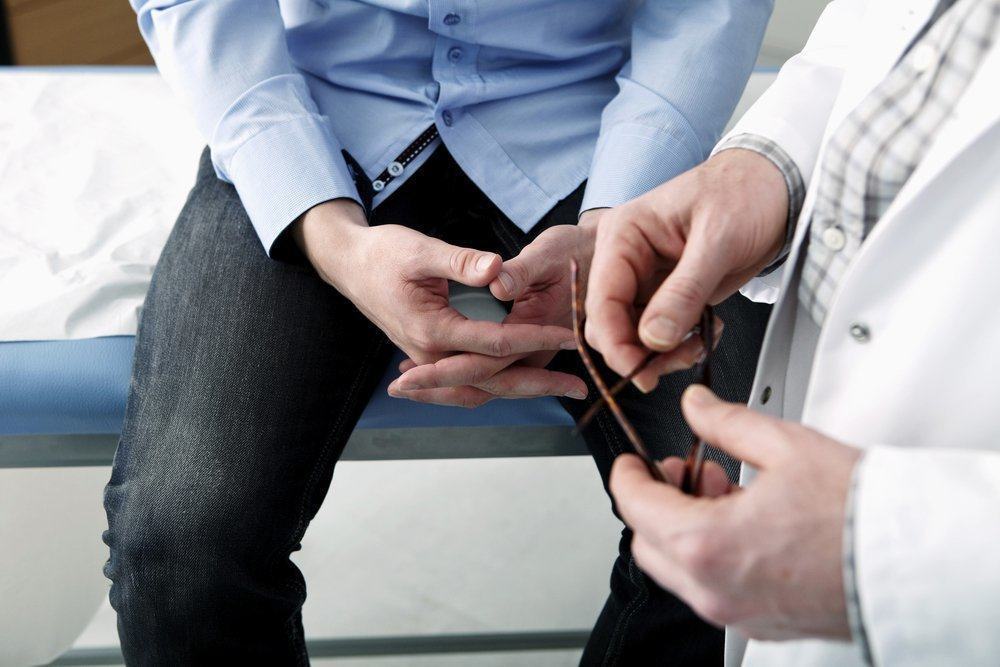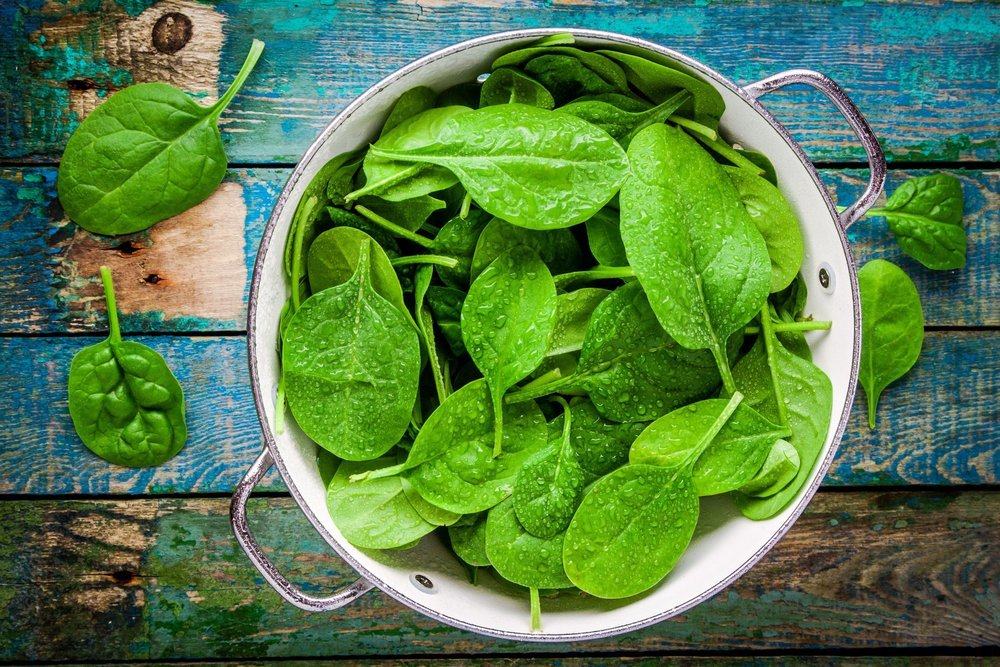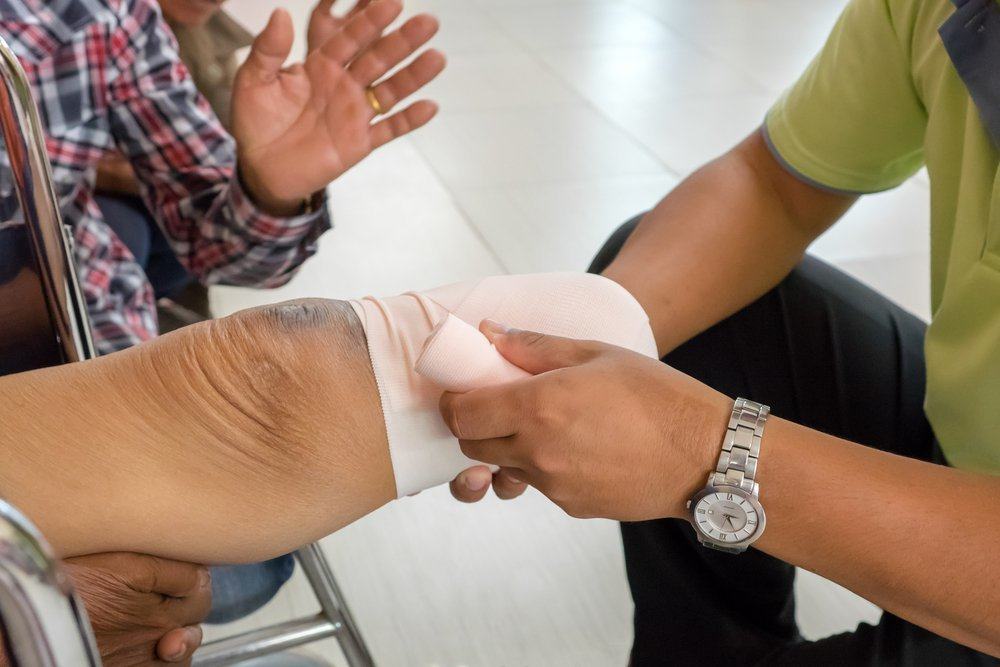Contents:
- Medical Video: Breastfeeding Intake Assessment - Part 1, How to know if a baby is drinking enough milk.
- Milk for nursing mothers
- Milk can cause allergies in some mothers
- Conclusion
Medical Video: Breastfeeding Intake Assessment - Part 1, How to know if a baby is drinking enough milk.
When breastfeeding, the mother still needs a lot of nutrition. In fact, the nutrients needed by nursing mothers can be higher than when she was pregnant. This happens because many nutrients are needed for the production of breast milk in the mother's body. Some mothers may drink milk to meet their nutritional needs. But, does every nursing mother need to drink milk?
Milk for nursing mothers
Milk contains a lot of nutrients that the body needs. Some nursing mothers who have not been able to meet their nutritional needs, may be advised to drink milk. Yes, milk can contribute additional calories, so nursing mothers can meet their calorie needs. In a glass of milk, you can get protein, fat, calcium, iodine, iron, zinc, phosphorus, vitamin A, vitamin B, vitamin C, vitamin D, vitamin E, folic acid, and much more.
However, not all mothers need milk while breastfeeding. Milk is not a mandatory drink for nursing mothers. Milk only helps the mother to fulfill her nutritional needs while breastfeeding. If maternal nutrition can be fulfilled from the daily food that the mother consumes, then nursing mothers do not need milk.
Some mothers may also experience problems when consuming milk. For nursing mothers who don't like milk, drinking milk might make it nauseous. Some mothers may also experience diarrhea when drinking milk. But, maybe you will be relieved after hearing that drinking milk while breastfeeding is a choice.
Milk can cause allergies in some mothers
Milk while breastfeeding may be beneficial for nursing mothers who need it. However, it can also be a problem if the mother or baby shows symptoms of allergies to milk. Yes, your baby's allergy symptoms can also be shown. This happens because the cow's milk protein that the mother drinks can be carried to the baby's body through breast milk. However, not all babies can experience this problem.
Some allergic reactions that babies can show are:
- Often spit up or vomit
- The baby feels pain in his stomach (the baby's stomach is bloated or squashed, or the baby often pulls his knee over his stomach)
- Stools are slimy or bloody babies
- The baby's stool is hard, so the baby has difficulty defecating
- Baby's skin itches, reddish rashes, and can also be swollen
- Baby diarrhea
- Baby constipation
- Babies have a bad appetite
Conclusion
If your baby shows symptoms of milk allergy, you should stop consuming your milk. After you stop consuming milk for two to four weeks, look at the differences shown by the baby. If the baby shows improved changes, it may be true that the allergic symptoms he experienced were due to milk protein. To be sure, you should immediately have your baby checked by a doctor.
For nursing mothers who cannot consume milk, it means you have to fulfill your nutritional needs (especially calcium) from daily food. There are still many other sources of calcium besides milk (read the article here). If your calcium needs have not been met, you might need calcium supplements. Consult your doctor first before deciding to take calcium supplements.
READ ALSO:
- 8 Mandatory Nutrition Substances For Mothers Who Are Breastfeeding
- Is it true that breastfeeding mothers need to drink more?
- Can Breastfeeding Mothers Are When Sick?











